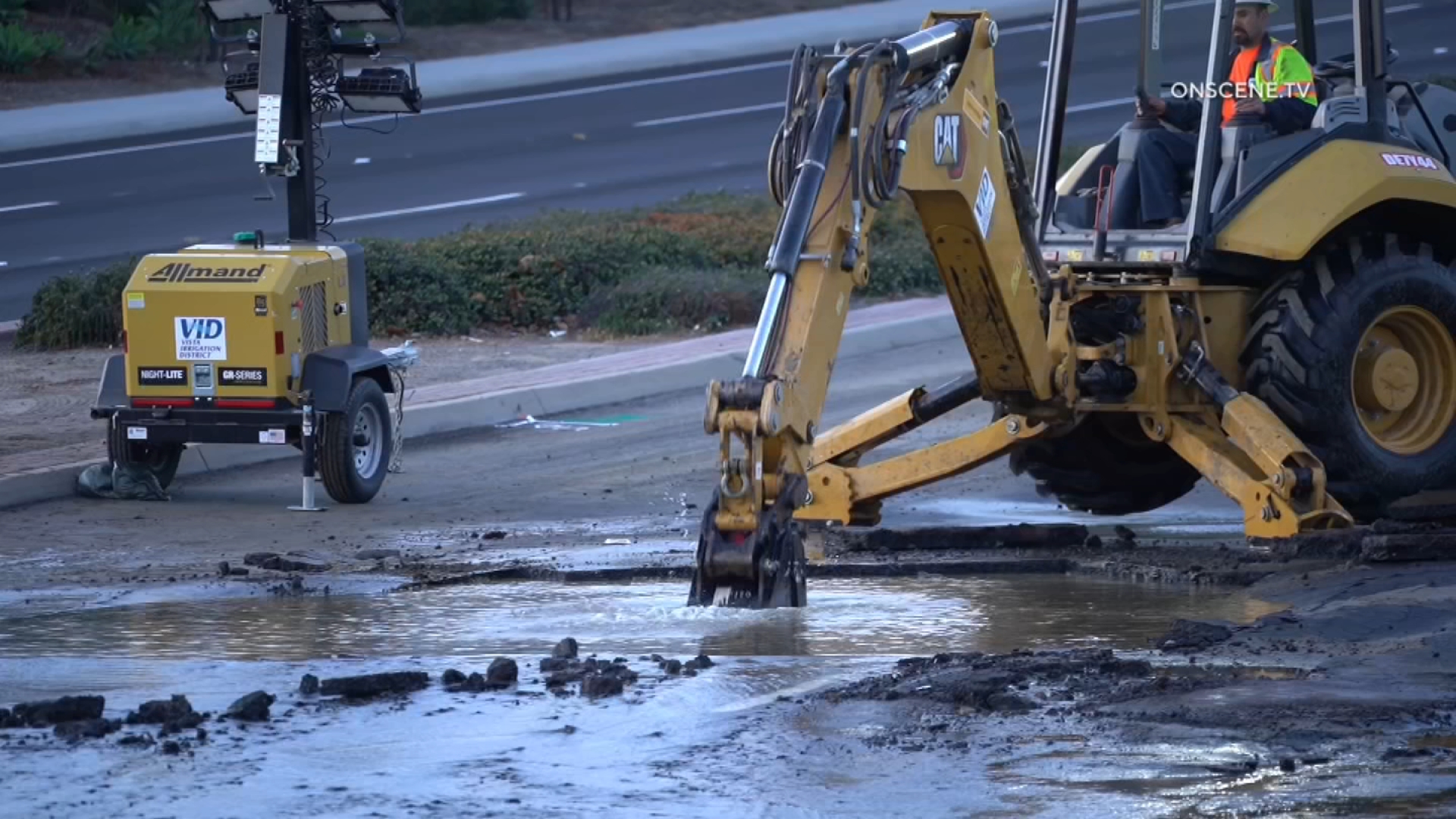“It’s scary. We don’t know what’s going on,” said Gerry Torres.
The owner of the City Tacos franchise in San Diego County is begging people to apply for more than 30 jobs at his restaurants.
“We’re gearing up for the summer. So, it’s going to get busier. It’s going to get much busier,” he warned.
However, as more San Diegans head out to eat, many restaurants were confronted with a new problem.
Get top local stories in San Diego delivered to you every morning. Sign up for NBC San Diego's News Headlines newsletter.
“We can’t hire people to take care of these customers,” shrugged Torres. “I’m confused because I’ve never seen this in my 17 years as an owner.”
Torres said he had more than 70 employees before the pandemic. Now, that the restrictions are waring off, he said needs them all back. However, he said he has fewer than 40 and he can’t get anyone to apply.
“We’ve gone out and put ads in Craig’s List, Facebook, Indeed, everything and you’ll get one call back or one resume,” he said.
“You can’t find any people. It’s hard to get people to come to work,” said Mov Kim. “We’re all fighting for staffing.”
Kim manages Tajima in Kearny Mesa. He said the restaurant should operate with 54 employees. He said he has fewer than 30 now.
“It’s not really working. I just don’t understand what happened to the employment,” said Kim. “When we put an advertisement out there, we would generate about 25 to 50 applicants all at once. Now? We barely get one or two.”
“And when they do show up, they won’t come back the next day to work,” joked Torres. “What are people doing? We don’t understand.”
Neither man could put a finger on one reason. They said some people don’t want to work close to strangers during a pandemic. They suspected others found different jobs or are making more money through unemployment.
According to California’s Employment Development Department, the agency has processed more than 21 million claims since March 2020. It said it has provided more than $132 billion in benefits.
“And some people are just taking advantage of the system, which is sad,” sighed Torres. “Maybe some of the benefits that the governments are providing, they’re not necessarily inducive to people coming back to work.”
Torres said he’s leaning heavily on those employees who do show up.
“We’re making it happen. I don’t know if it’s possible or sustainable.”



